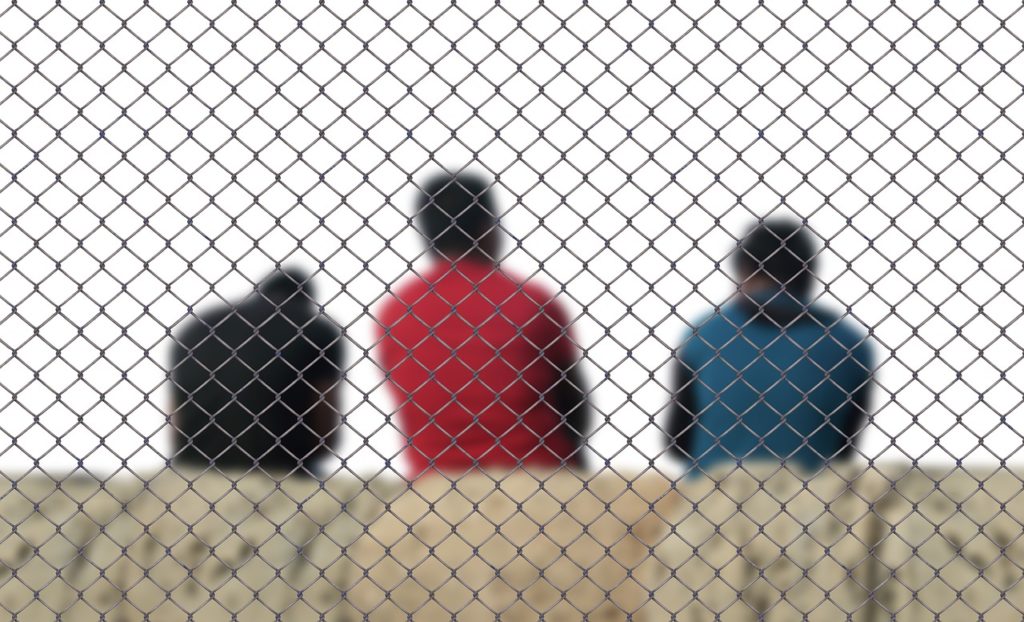GENEVA – Nearly a million Rohingya are interred at refugee camps in Bangladesh, having fled their homes to escape persecution in their native Myanmar. Tensions have been rising over the past several months and have reached a point where remaining in Bangladesh may become as dangerous as of being back in Myanmar.
The UN Office of the High Commissioner for Human Rights (OHCHR) in Geneva issued a statement on September 16 expressing concerns over the current escalation of restriction at the refugee camps and the potential for a simultaneous increase of frustrations by the refugees.

They want to go home, but they can’t.
No one wants to live in a refugee camp. On the other hand, no one wants to live where their lives are in danger.
Given the opportunity to return to their homes in Myanmar recently, the Rohingya turned down the offer. They are keenly aware that the prospects for persecution, torture, and death await them across the border. Squeezed into several camps with a million other people who are entirely dependent on aid from NGOs offered a better prospect for living in an illusion of a “normal” life.
They want to live free, but they can’t.
Acceptance of refugees is a global problem, despite the misguided perception of “progressive” Americans about admitting refugees at our Mexican border. Every nation must assess their own ability to sustain the influx of people facing persecution. Governments also have a primary responsibility to protect their own citizenry from the potential encumbrances that come along with a million refugees.
A recent “Genocide Day” rally in the camps, a growing number of abusive acts by locals, and a murder of a local by Rohingya men have prompted officials to replace the welcome mats with new house rules.
- Curfews have been imposed on the camps and the campers.
- Cell phones have been banned and confiscated.
- Refugees may no longer leave the camps.
- Security checkpoints have been set up on the highways and roads leading from the camps.
- Rohingya caught at a checkpoint – or anywhere else in Bangladesh – are immediately returned to their camp.
- Guard towers and closed-circuit TV cameras are ready to be erected to monitor activities at the camps.
- Officials are preparing to erect barbed-wire fencing around the camps.
- The government has suspended the activities of 41 of the 139 NGOs operating within the camps. This was done on the suspicions and evidence of those groups inciting uprisings in the camps.
The Rohingya are in a Catch-22 situation
The Rohingya are not welcome in Myanmar, and they are wearing out their welcome in Bangladesh. They are caught between a rock and a hard place on the quest to live in comfort, safety, and freedom.
It is beginning to appear that they are stuck in place for the foreseeable future. Unfortunately, living under the increasing restrictions also increases the likelihood of discontent. That could lead to dangerous repercussions potentially as bad as the persecution they sought to escape.
To read more news on the Refugee Crisis on Missions Box, go here.
Sources:
- Asia Times, Barbed wire fences for Bangladesh Rohingya camps
- Dhaka Tribune, Minister: 41 NGOs withdrawn from Rohingya camps
- BD News 24, Bangladesh withdrew 41 NGOs from Rohingya camps for ‘malpractices’
- Associated Press, Bangladesh to install fences around Rohingya refugee camps
- OHCHR, Bangladesh: UN experts concerned by crackdown at Rohingya refugee camps




